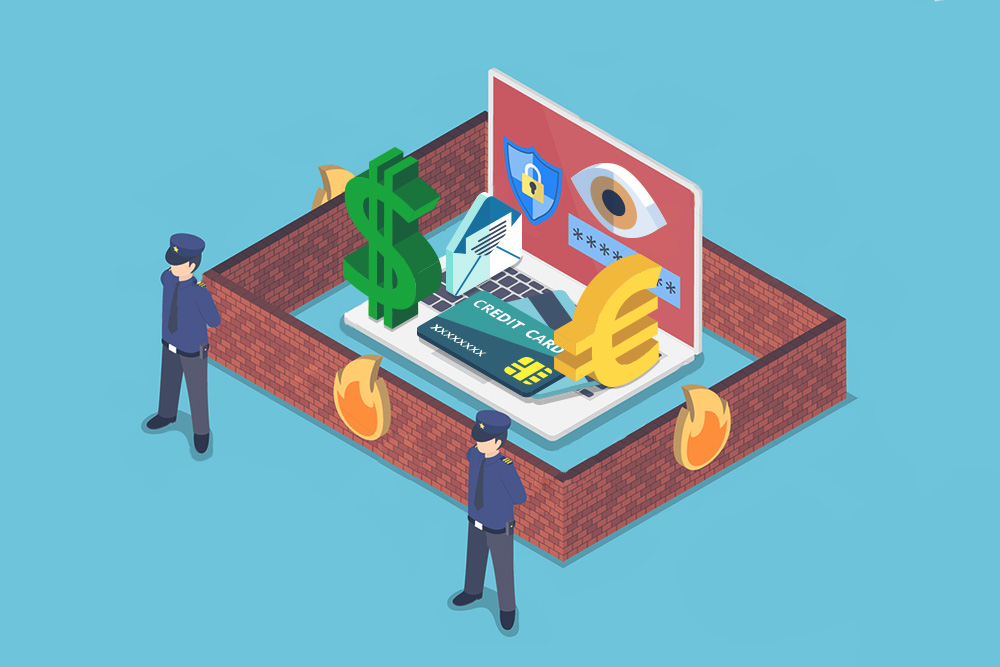
Ways To Prevent Getting Phished
No one wants to be a victim of a phishing scam. There are several reasons why such scams still exist, though: they are successful enough for hackers to earn huge amounts of money. Phishing scams have been around for quite a while, and won’t be gone any time soon. Good thing there are methods to avoid becoming one of the victims.
Here are tips from for keeping yourself safe.
Always Think Before Clicking Anything
It’s okay to click on links when you’re on safe websites. Clicking on links that appear in spammy emails, however, is not a smart move. Check the links by hovering over them before clicking on them.
Use an Anti-Phishing Toolbar
Most commonly used internet browsers could be customized and enforced with anti-phishing toolbars. These toolbars can do quick checks on the sites you visit and compare them to sites that are tagged for phishing. If you click on a malicious site, the toolbar will notify you about it. Using an anti-phishing toolbar provides protection against phishing scams for free.
Check a Website’s Security
It’s normal to be a little careful about sharing confidential financial information over the web. As long as you are on a safe website, you wouldn’t end up in trouble. Before sending your info, check if the site’s URL starts with “https” and there should be a tiny “lock” icon beside the address bar.
Maintain Your Browser to Keep It Up to Date
Security patches are sent to mainstream browsers all the time. They are launched as an answer to the security loopholes that cybercriminals and other hackers often discover and exploit. If you usually ignore messages about updating your browsers, be wary. Make sure to download and install all future updates.
Firewalls
Good firewalls work as buffers between you, your computer, and cybercriminals. You should always use two kinds – one for the desktop and one for the network. The first kind comes as software and the second one comes in the form of hardware. When used side-by-side, they can lessen the threat of hackers and phishers intruding on your computer and your network.
Be Careful of Pop-Ups
Pop-up windows often hide behind the legitimate components of a site. But most of the time, they are attempts to phish. Most popular browsers give you the ability to block pop-ups. If a pop-up manages to slip through your guard, don’t ever click on the “cancel” button; most of the time these buttons lead to phishing sites. Click the little “x” in the upper corner of the pop-up instead.
Don’t Give Away Contact Info
As a rule of thumb, never ever give away personal or financially sensitive information over the web. When in doubt, check the main website of the company you are wary of, get their contacts, and call them. Most of the time, a secure website starts with “https”.
Install Antivirus Software
There are a number of valid reasons to install and use antivirus software. Antivirus software protects your desktop and your network against known viruses, malware, and loopholes. However, always remember to keep your software up to date.
Recent Posts
- How Does GPON Improve Network Efficiency?
- What Are The Advantages Of GPON?
- What Are The Benefits Of IT Outsourcing?
- What's The Deal With Ransomware Attacks?
- Are GPON Providers Widely Available?
- What's GPON's Impact On Bandwidth?
- Why Is Multi-Factor Authentication Important?
- How To Ensure Data Privacy Compliance?
 Blogs
Blogs Infographics
Infographics Videos
Videos Podcasts
Podcasts Case Studies
Case Studies Call For Quote
Call For Quote